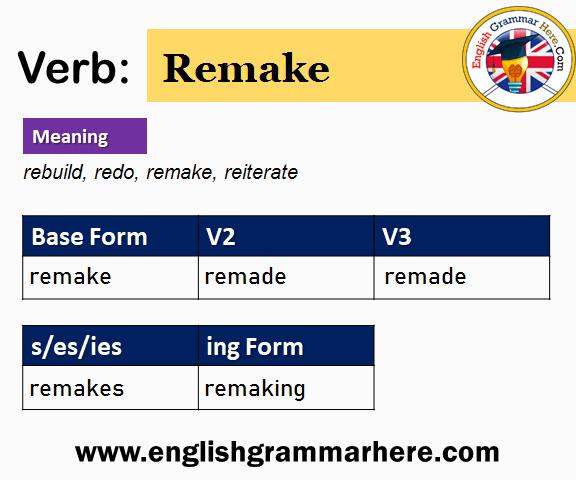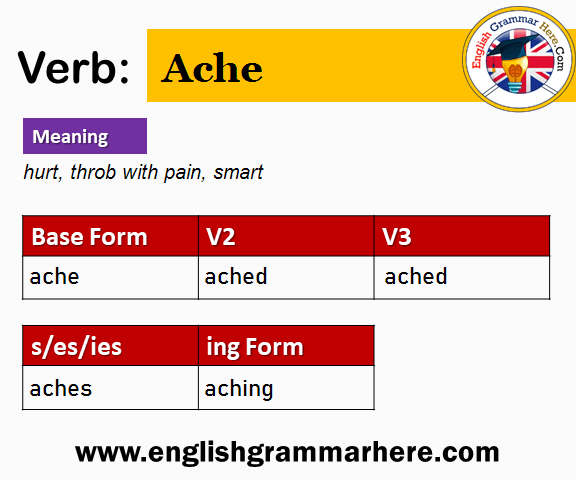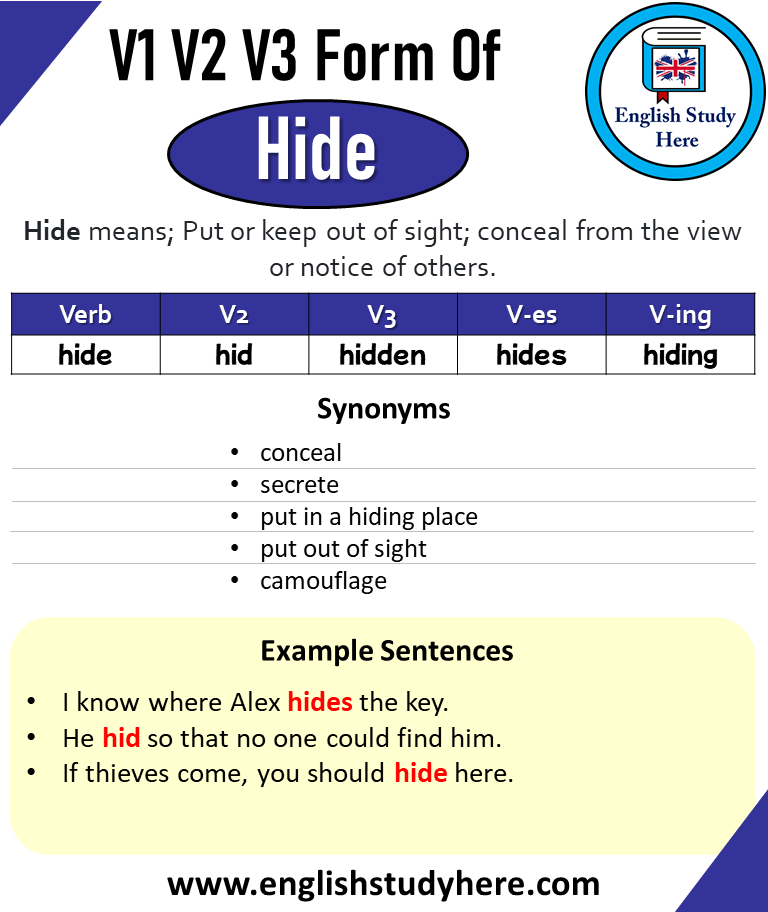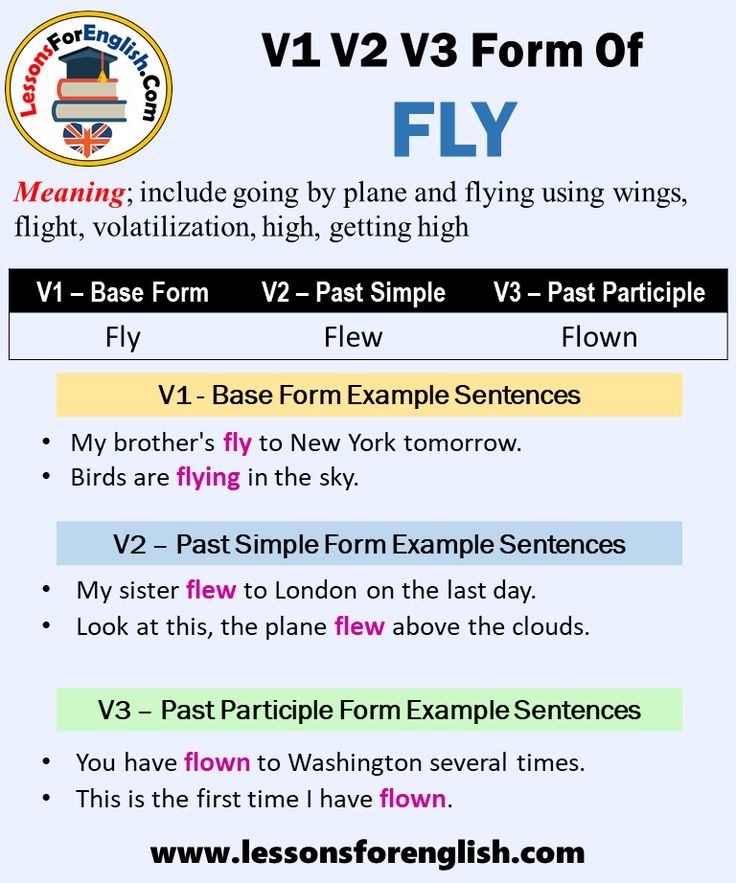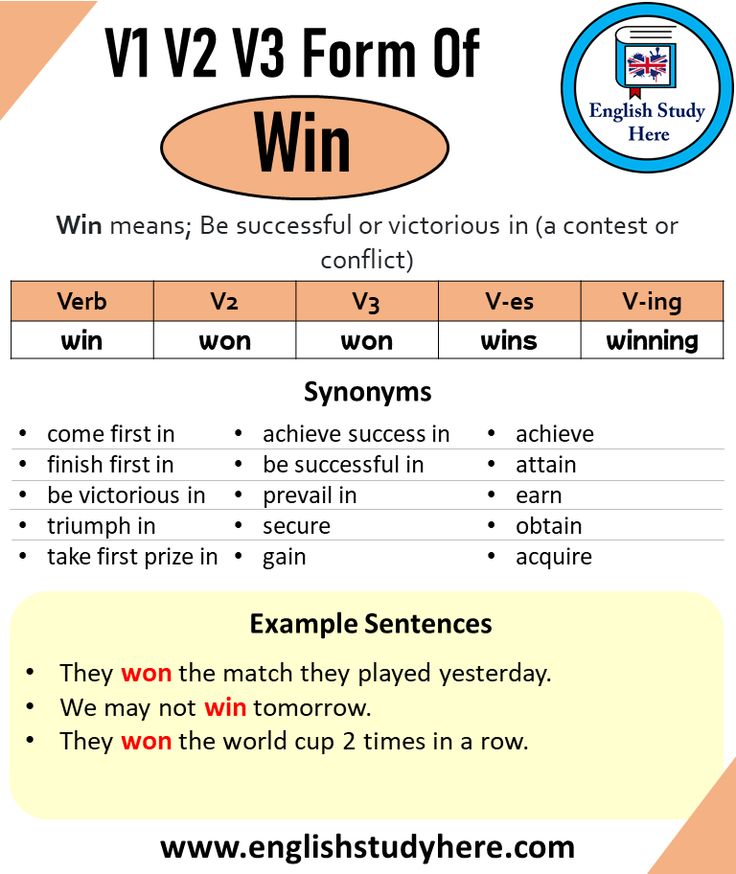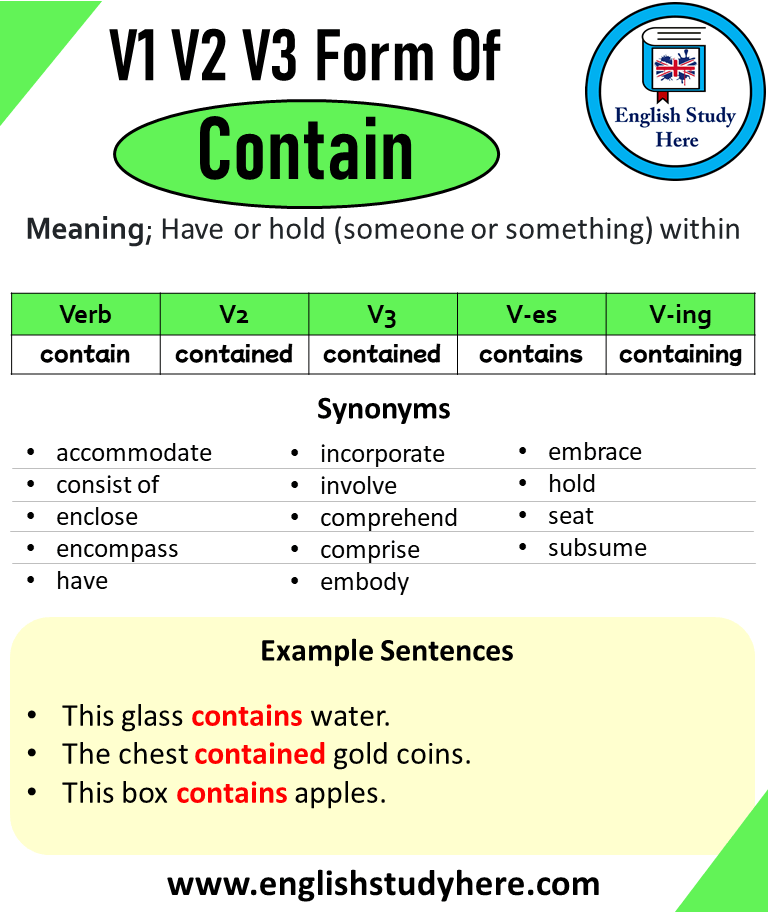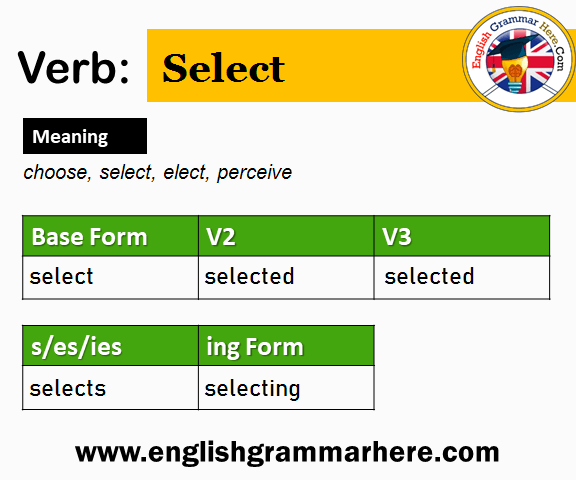Remake Past And Past Participle Form V1 V2 V3 V4 V5 Form of Remake
Ever stumbled across a word and wondered how it changes with tense? You’re not alone.
The English language, with its twists and turns, often leaves us scratching our heads. Take the word “remake,” for example. Understanding its different forms—V1, V2, V3, V4, V5—can be a game changer in improving your language skills. Imagine impressing your friends or acing that English exam by mastering these verb forms.
You’ll discover the past and past participle forms of “remake” and how to use them correctly. By the end, you’ll feel more confident in your writing and speaking. So, are you ready to dive in and unlock the secrets of this versatile verb? Let’s get started.
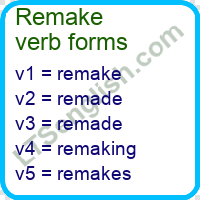
Credit: ltsenglish.com
Remake: Definition And Usage
Remakemeans making something new again. It is used when you create something again in a new way. This word can change forms. These forms are important in English.
| Form | Example |
|---|---|
| V1 | Remake |
| V2 | Remade |
| V3 | Remade |
| V4 | Remaking |
| V5 | Remakes |
Learning these forms helps in speaking and writing better. Practice them often for good English. It is fun to use new words!
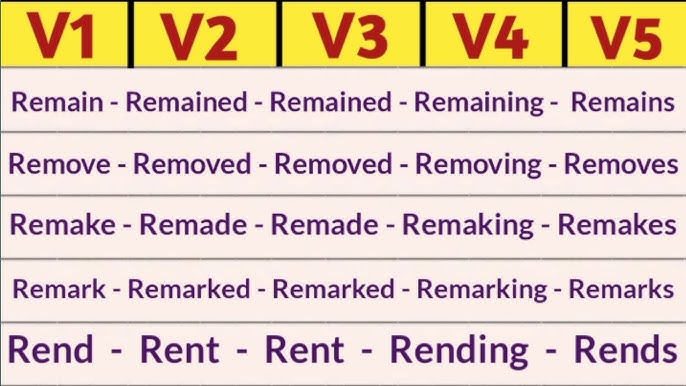
Credit: www.youtube.com
Conjugation Patterns For Remake
The verb “remake” means to make again. It is used often in movies. The past form of “remake” is “remade”. The past participle is also “remade”. These forms help to show actions in the past.
| Form | Word |
|---|---|
| V1 (Base form) | remake |
| V2 (Past simple) | remade |
| V3 (Past participle) | remade |
| V4 (Present participle) | remaking |
| V5 (Third person singular) | remakes |
Learning these forms is easy. Use them to speak or write correctly.
Examples Of Remake In Different Tenses
The past tense form of remake is remade. It shows an action that happened. For example, “They remadethe movie last year.”
In present tense, we use remake. It tells about something happening now. For example, “We remakeold songs into new versions.”
For future tense, use will remake. It talks about an action that will happen. For example, “She will remakethe dress tomorrow.”
The past participle form is remade. It is used with helping verbs. For example, “The book has been remadeinto a film.”
| Form | Example |
|---|---|
| Present Progressive | They are remakingthe old show. |
| Past Progressive | She was remakingthe song. |
| Future Progressive | We will be remakingthe project. |

Credit: englishgrammarhere.com
Conclusion
Mastering the verb “remake” enhances your English skills. Understanding its forms—V1, V2, V3, V4, and V5—helps in communication. Practice these forms in daily conversations. It makes learning more effective. Remember, language learning is a journey. Small steps lead to big progress.
Keep exploring new words and forms. This builds a strong language foundation. Feel confident using “remake” in different contexts. With time, English becomes easier and more natural. Stay curious and keep practicing. Your efforts will pay off. Enjoy learning and speaking English!
